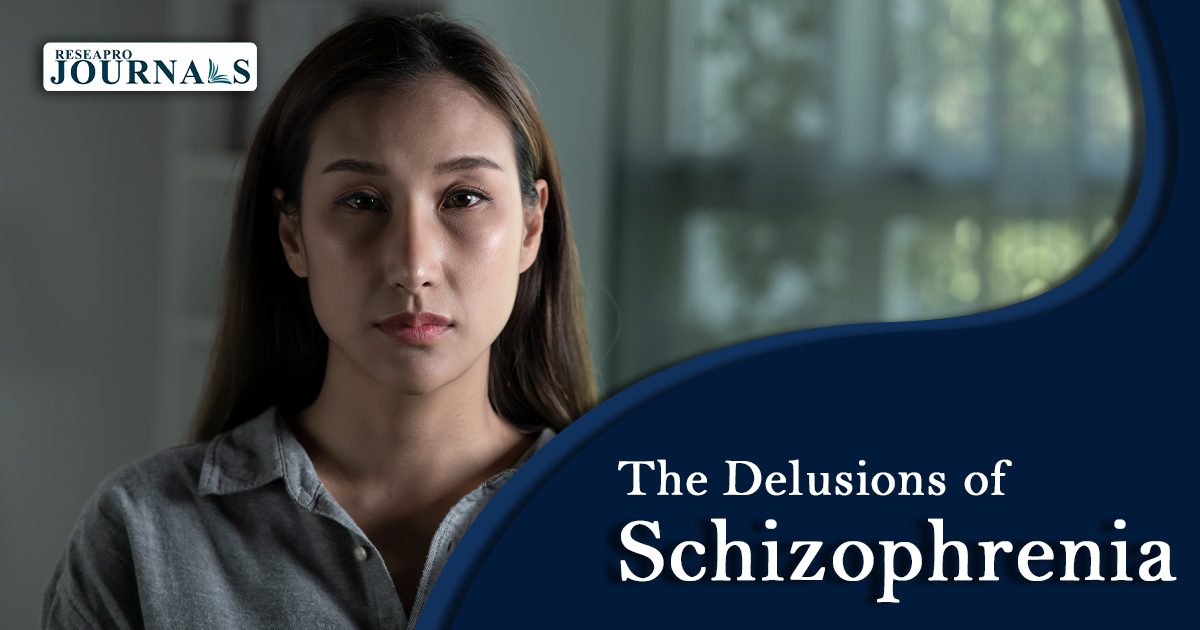|
Getting your Trinity Audio player ready...
|
☑️What is schizophrenia?
Schizophrenia, a chronic brain disorder, is marked by recurrent episodes of delusions, hallucinations, and a distorted perception of reality. It may also affect a person’s thinking abilities, often leading to bizarre convictions like insecurity and fear of being harmed by someone. Disorganized thinking also affects speech, normal communication, and motor abilities, manifested as jumbled or nonsensical speech and irregular agitating movements or catatonic daze. Afflicted individuals often withdraw from society due to these behavioral anomalies and experience further lack of initiation and psychotic thoughts. Though no permanent cure has yet been found, psychotherapy, antipsychotic medications, and supportive care effectively reduce the symptoms and offer patients the prospects of a better life.
☑️Symptoms:
Delusion: This leads the victim to believe something they shouldn’t. A delusion occurs when someone believes they are trying to hurt them, such as when they think their neighbor is trying to kill them or that a star on TV is in love with them or giving them some other indication. Hallucination: This includes hearing sounds or perhaps observing some types of non-existent objects. The most frequent type of hallucination among all the senses is hearing.
Disorganized speech: This refers to the impairment in speech causing an unrelated reply to a question, mixing of a few unmatched words in a sentence, typically known as word salad.
☑️Cause:
Inherited genetic factors or a family history of schizophrenia.
Birth-related complications.
Dysregulation in neurotransmitters, particularly dopamine and glutamate, within the brain.
Use of psychoactive or psychotropic substances during adolescence.
☑️Treatment
Schizophrenia necessitates ongoing treatment to manage its symptoms effectively. Treatment options may include therapies such as electroconvulsive therapy (ECT), social skills training, family therapy, and individual counselling. Additionally, some individuals may benefit from medications, including first-generation antipsychotics and second-generation antipsychotics, as part of their treatment plan.




